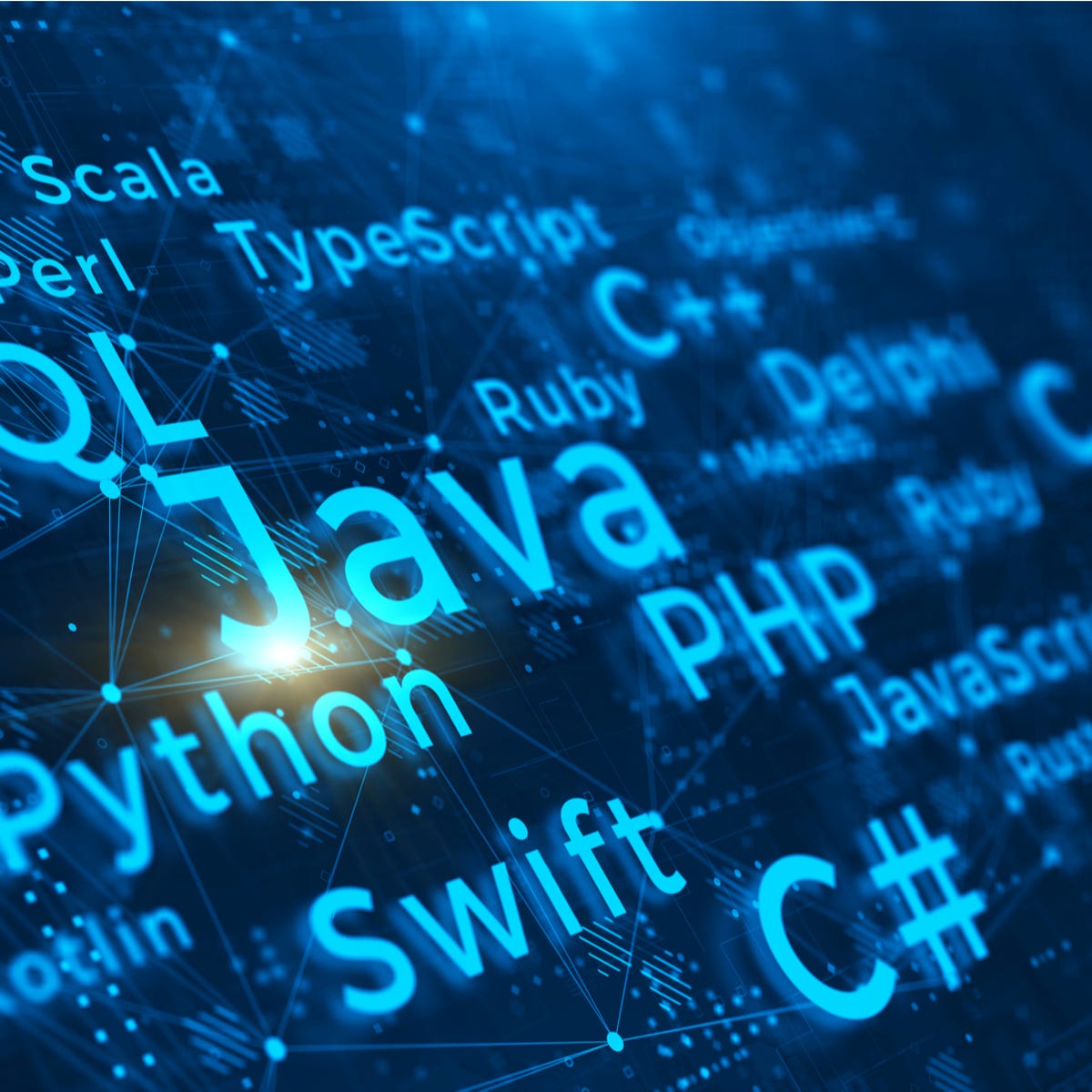How to thrive in and understand AP Computer Science Principles

Why should I take this course?
This course isn’t solely a graduation requirement; it offers genuine benefits. If you’re aiming for a career in computer-oriented fields, considering this course is highly worthwhile. It teaches you the basics of computer science, as well as some advanced concepts. Additionally, it provides the knowledge needed to create your own website. Although you won’t focus on website development until you reach AP Computer Science A, in AP Computer Science, you’ll learn how to edit your pictures and discover cool features to add to a website in the future.
What is Computer Science Principles?
Computer Science Principles serves as an introductory college-level course, acquainting students with the core principles of computer science. Throughout the course, students learn to refine their coding practices by abstracting their disorganized code, all while fostering collaborative skills. Under the guidance of Dr. Edwards, students explore various coding techniques using the online platform CodeHS. Conversely, the AP Computer Science Principles (AP CSP) course is tailored for high school students, aiming to instill the fundamental concepts of computer science and its global significance. Moreover, the course accentuates creativity, problem-solving abilities, and the tangible real-world implications of computing.
.
What can I do to get better in this course?
Staying on top of deadlines is crucial in this course. The pace is rapid, and while Dr. Edwards provides makeup days, falling behind will inevitably lead to a backlog of work. No student desires to spend their Saturdays catching up on assignments from weeks ago. Hence, it’s imperative to take class time seriously and set aside time outside of class to avoid forgetting about assignments later. Moreover, when tackling assignments on CodeHS, it’s advisable to invest time and effort into them. These assignments frequently reappear on in-class tests or the AP exam, highlighting the importance of thorough research and understanding.
The AP Computer Science Exam
While this exam may initially seem daunting, it’s not as challenging as it appears. It serves to evaluate your comprehension of the course material. The written portion holds particular significance in this regard. Hence, I stressed the importance of dedicating ample time to craft the code for the exam. This is because you’ll need to utilize segments of the code to address the written response questions. Additionally, the exam includes 70 multiple-choice questions. Spanning three hours, it covers various topics including Creative Development, Data, Algorithms and Programming, Computer Systems and Networks, and the Impact of Computing.
Some Key principles of AP CSP:
- Creativity: Using computing tools and techniques to create new artifacts and solve problems.
- Abstraction: Reducing complexity by focusing on the main idea and hiding unnecessary details.
- Data and Information: Using data to gain insight and knowledge.
- Algorithms: Developing and expressing solutions to problems as step-by-step processes.
- Programming: Writing and implementing code to create solutions and artifacts.
- The Internet: Understanding the systems and structures that enable networked communication.
- Global Impact: Evaluating the broader effects of computing on society and individuals.
Preparation
Here a list of some ways you can not only prepare for the AP Exam but to do well in this class.
- Engage with the coursework and participate in classroom activities and discussions.
- Practice programming regularly to develop a solid understanding of concepts.
- Complete the Create Performance Task with careful attention to the rubric provided by the College Board.
- Review past exam questions and take practice exams to familiarize themselves with the format and types of questions
Resources
You can use various resources to prepare for the AP CSP exam, such as:
- The College Board’s official AP CSP course and exam description.
- Online platforms like Code.org or Khan Academy, which they offer free course exercises.
- AP review books and practice tests available from publishers like Barron’s and Princeton Review.
Overall Tips for this course
- Participate in Discussions: Engage in classroom discussions and ask questions to clarify your understanding of concepts.
- Collaborate with Peers: Work with classmates on group projects and study together to enhance your learning experience.
- Coding Practice: Spend time coding regularly to improve your programming skills. Use platforms like Codecademy, Khan Academy, and Code.org for additional practice.
- Work on Projects: Develop small projects on your own to apply what you’ve learned and explore new ideas.
- Review Key Concepts: Make sure you have a solid understanding of the seven big ideas: Creativity, Abstraction, Data and Information, Algorithms, Programming, The Internet, and Global Impact.
- Connect Concepts: Relate different concepts to see how they interact and build on each other.
- Textbooks and Guides: Use the official AP CSP course and exam description, along with textbooks and review guides tailored for the course.
- Online Resources: Explore free online resources and tutorials on websites like Khan Academy.
- Practice Exams: Take practice exams to familiarize yourself with the exam format and question types. The College Board provides past exam questions and scoring guidelines.
What is the Big Idea Quizzes?
In the AP Computer Science Principles (AP CSP) course, “big idea quizzes” are typically assessments designed to test students’ understanding of the major concepts covered in each of the seven “big ideas” that form the core of the curriculum. These quizzes help reinforce learning and ensure that students grasp the essential principles of computer science.
Overview and purpose of the Big Idea Quizzes:
- Reinforce Understanding: These quizzes help ensure that students understand the key concepts of each big idea before moving on to more advanced topics.
- Identify Gaps in Knowledge: By taking these quizzes, students and teachers can identify areas where additional review or practice is needed.
- Prepare for the AP Exam: Regular quizzes aligned with the big ideas help students prepare for the types of questions they will encounter on the AP CSP exam.
Overall of AP CSP
- Broad Understanding of Computer Science: AP CSP covers a wide array of topics, from programming and algorithms to data analysis, the internet, and the global impact of computing. This breadth ensures that students gain a well-rounded understanding of the field.
- Development of Essential Skills: Students develop crucial skills such as computational thinking, programming, data analysis, and problem-solving. These skills are not only valuable for computer science but also for many other disciplines and careers.
- Creativity and Innovation: The course encourages students to use computing tools creatively to develop innovative solutions to problems. The Create Performance Task is a prime example, allowing students to design and implement their own programs.
- Ethical and Societal Awareness: AP CSP emphasizes the importance of understanding the ethical and societal implications of computing. Students explore issues like privacy, security, and the broader impact of technology on society.
- Preparation for Future Opportunities: Completing AP CSP can earn students college credit and advanced placement, saving time and money in their higher education journey. The skills and knowledge gained also prepare students for further studies and careers in technology and other fields.
- Inclusivity in Computer Science: The course aims to attract a diverse group of students, promoting inclusivity and encouraging those who might not typically consider computer science to explore the field.
Here is a link to something I accomplished in my time here: https://codehs.com/sandbox/id/creative-performance-task-buIV2k
